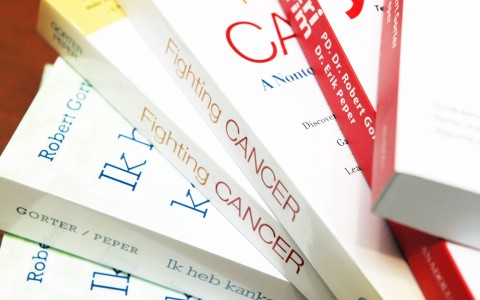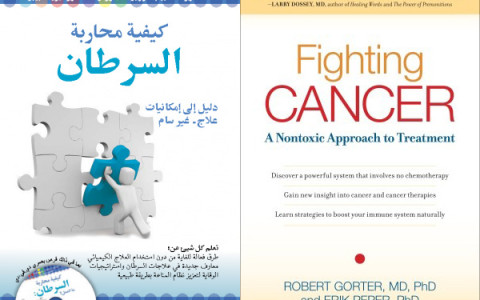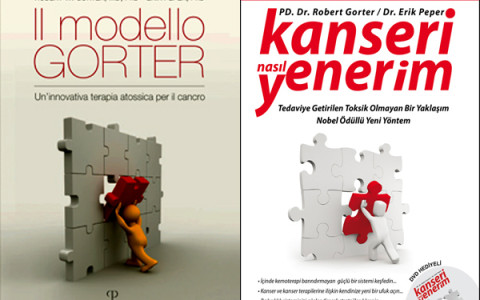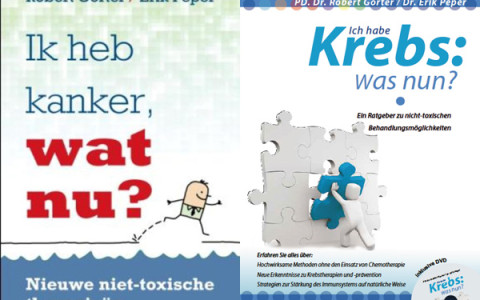The Gorter Model was developed by Robert W.D. Gorter, MD, PhD and has been under his direction over the last four decades. This platform is dedicated to provide information on treatment of cancer and other chronic diseases, such as hepatitis B & C, and HIV, using immune-supportive, nontoxic therapies.
As an end-stage cancer survivor himself, Dr. Gorter developed this current model over four decades of clinical observation and research. During the 1980s, as the Medical director of the Department of AIDS Epidemiology and Biostatistics and Associate Clinical Professor at the University of California San Francisco (UCSF), Dr. Gorter came to observations and studies which lead him to develop the concept that cancer is rooted in significant immunodeficiencies, making targeted immune therapies (immune restoration) a logic and promising clinical approach in oncology.


 Deutsch
Deutsch Nederlands
Nederlands Turkish
Turkish Russian
Russian Italiano
Italiano Français
Français Português
Português العربية
العربية



